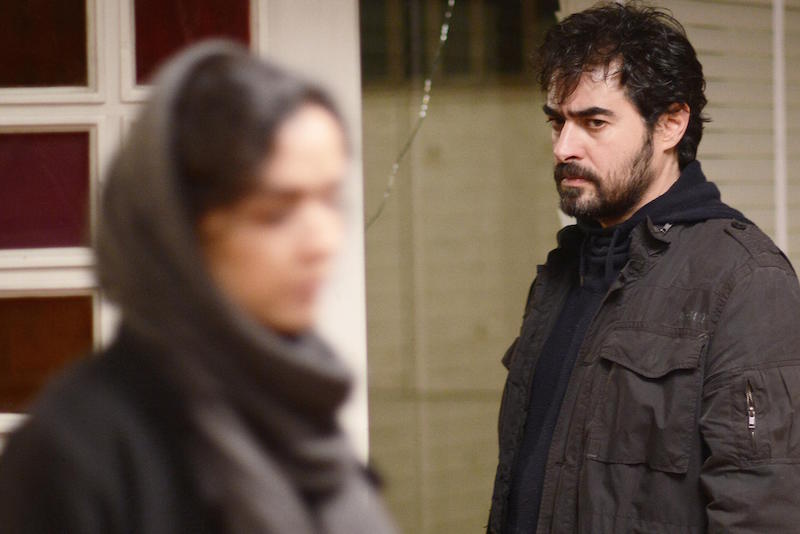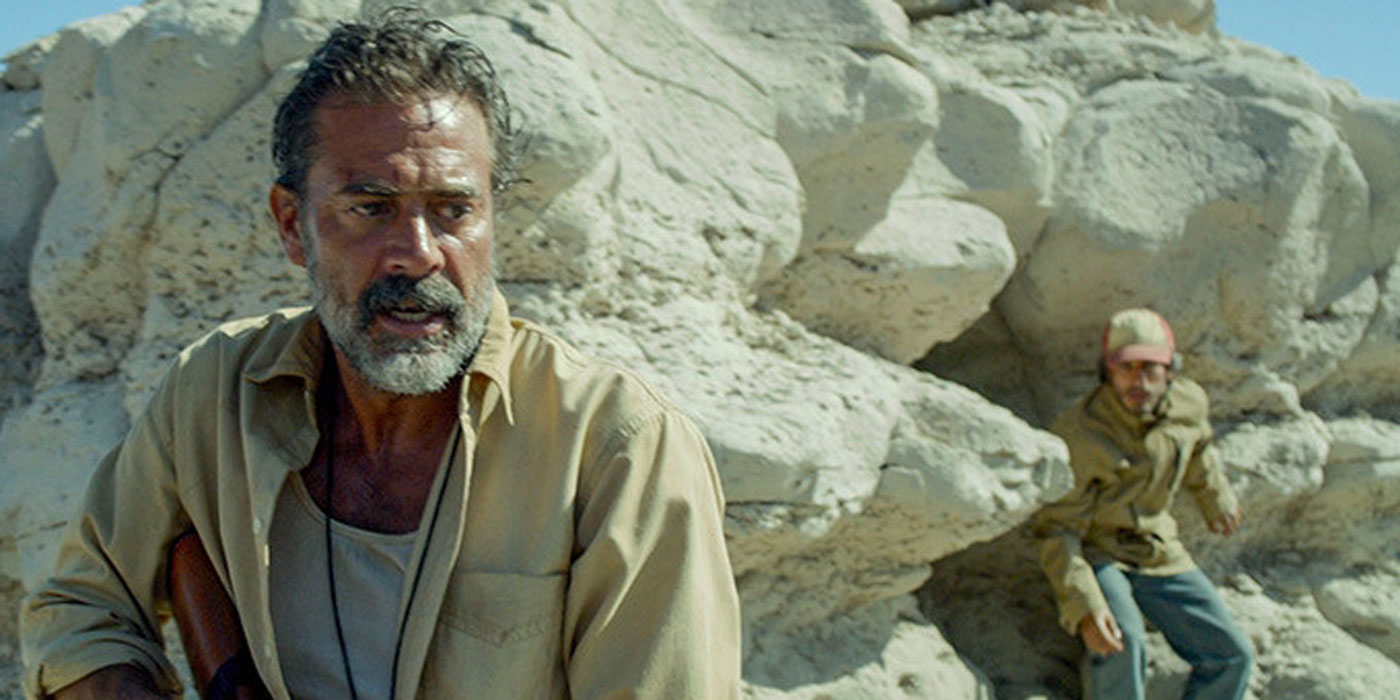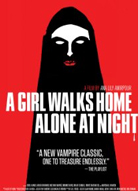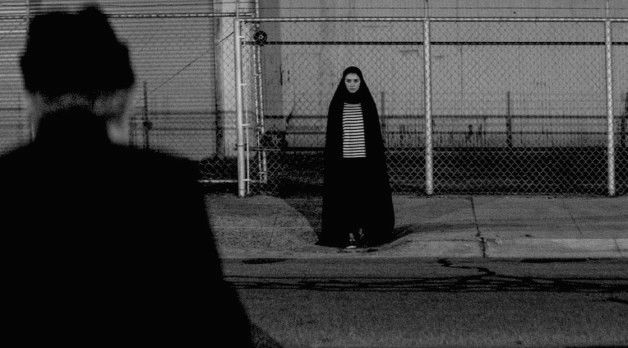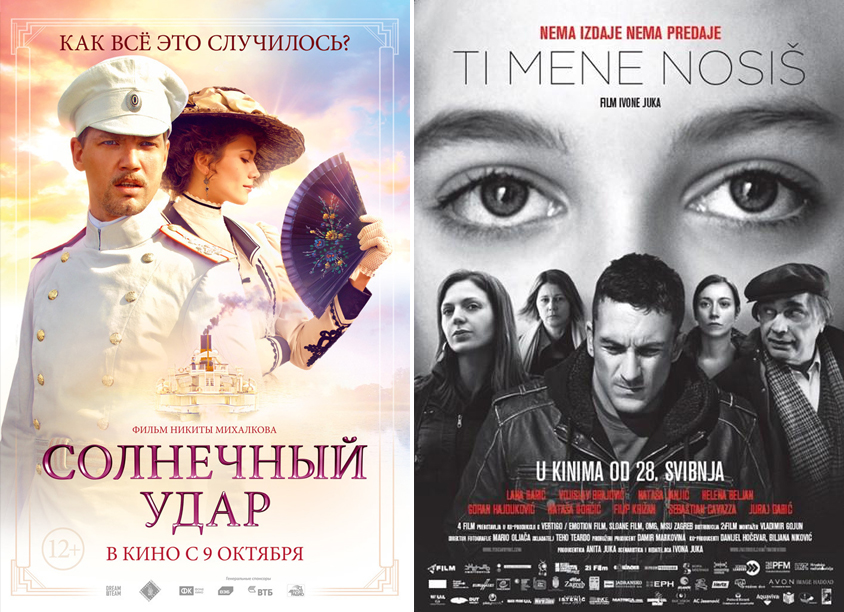Middleburg Day 2: The Salesman, Manchester by the Sea, Women in Hollywood
 Saturday, October 22, 2016 at 12:40PM
Saturday, October 22, 2016 at 12:40PM by Nathaniel R
On the first full day at the Middleburg Film Festival after that cathartic teary opening with Lion, I attempted to schedule a horseback ride for the full Middleburg experience. The town is known for its rich horses & hunting history and you can see horses and foxes in sculpture form and in signs and logos in the charming little town. Rain got in the way of a ride but all was not lost since a beautiful black and white cat named Callisto greeted me inside the stable at practically a full gallop and began rubbing up all over me. Dear reader, I can assure you that her love was requited! She was 21 years old but super friendly, spry and playful so the country life has obviously been kind to her. One can assume the horses also love her as she hasn't been stepped on.
So back to the movies I went, a perfect activity for rainy days even when you aren't at a film festival.
